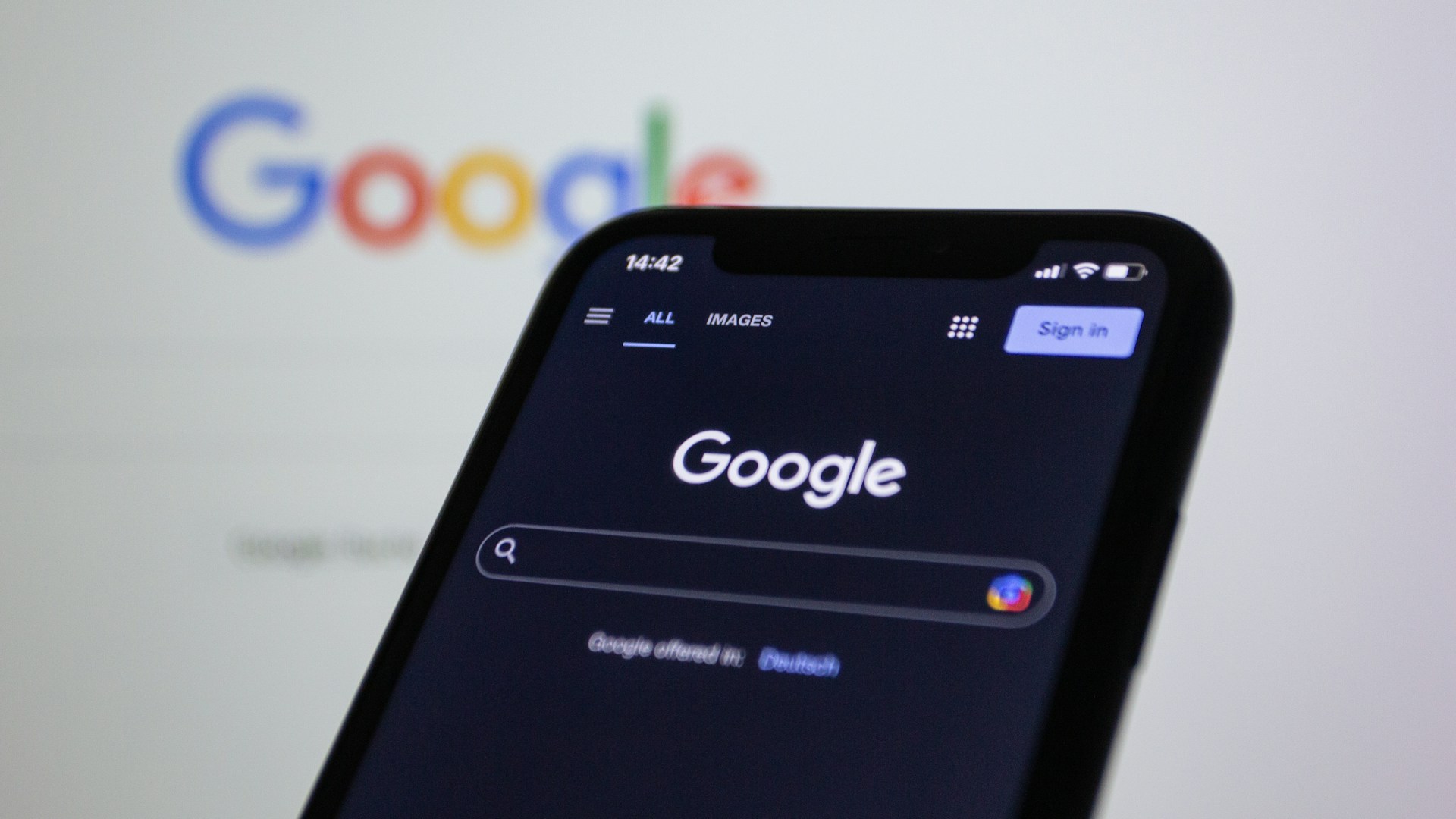
What happens to trust when Google does all the talking?
Curious how AI summaries are reshaping what we trust and read online? Find out why these quick answers reduce clicks, risk missing context, and challenge trust in search results
A new Pew Research study has revealed a striking shift in our search habits: when Google’s AI-generated summaries appear at the top of the page, just 8% of users bother to click through to any links. Without those AI Overviews, nearly twice as many users dig deeper.
That’s not just a small drop. It’s a signal that Google’s new way of “reading the web for you” and summing up answers so you don’t have to click around is quietly rewriting the rules of how we find, consume, and trust information online.
Convenient? Absolutely. But if most of us stop at the AI summary, who’s left telling the story and can we trust it?
When summaries just aren’t enough
It’s not only news outlets that feel the strain. For years, universities, charities, government sites, and businesses of every size have put huge effort into sharing useful, trustworthy content online. Articles that explain, compare, and reassure. Now, much of that work risks being boiled down and paraphrased by a machine.
Sometimes it’s done without any credit. Sometimes the details just aren’t right. A recent report by the Reuters Institute highlights how misinformation can spread when AI-generated summaries misinterpret or oversimplify source material.
And even as the AI gets cleverer, the reading experience gets flatter. You don’t hear the author’s voice. You miss out on the full context. You can’t always tell where that snippet fits within the wider conversation.
Ultimately, you get the gist… but let’s be honest, the gist isn’t enough for big decisions, building trust, or figuring out what to do next.
Why where you read still matters
Some things haven’t changed. Source still means a lot. People naturally trust content more if they recognise the name or brand behind it. See an article on The Metro, TIME, or Euronews and it carries a certain weight. You know someone wrote and checked it. There’s a reason why it was put out into the world. There’s context, a tone, and hopefully, accountability.
These trusted spaces matter more than ever. When AI pulls content out of context, places that value long-form content and provide seamless context become essential anchors.
You have to earn attention now
The big drop in clicks doesn’t mean people have become uninterested - It means we’re all pickier. Now, you need to earn people’s attention, not just grab it for a second. That means it can’t just be “content for content’s sake.”
It needs to be worth someone’s time: a genuine story, a helpful guide, or an in-depth explainer. Something that actually respects your reader’s attention and their intelligence. If someone clicks, they’re choosing to go deeper. They want to engage — and that’s where real trust starts.
The rise of slow, thoughtful content
Amid all the noise and speed, something interesting is happening: more people are craving “slow content.” This isn’t a fad. It’s the simple belief that some things are just better when you take your time.
These are pieces that don’t rush — expert explainers, thoughtful analysis that take a bit longer to read, but leave you genuinely better informed. Sure, they won’t win the race for instant clicks, but over time, they win loyalty. Because they’re built for people, not just algorithms.
In fact, slow marketing is emerging as a quiet but growing trend in 2025, as audiences increasingly seek out content that values depth over speed.
There’s no shortcut for trust
We’re living in a time when it’s easy to churn out words. You can ask a chatbot to generate a thousand-word article in a few seconds. But that’s not the same as someone writing an article, thinking about the reader, shaping a message. You can’t automate integrity. Or empathy. Or the quiet authority that comes from being part of a trusted environment.
That’s what still cuts through and what still builds trust.
So, while AI Overviews may be changing how we find information, they haven’t changed what we value once we’ve found it.
Because in the age of AI, trust isn’t just nice to have.
It’s everything!





